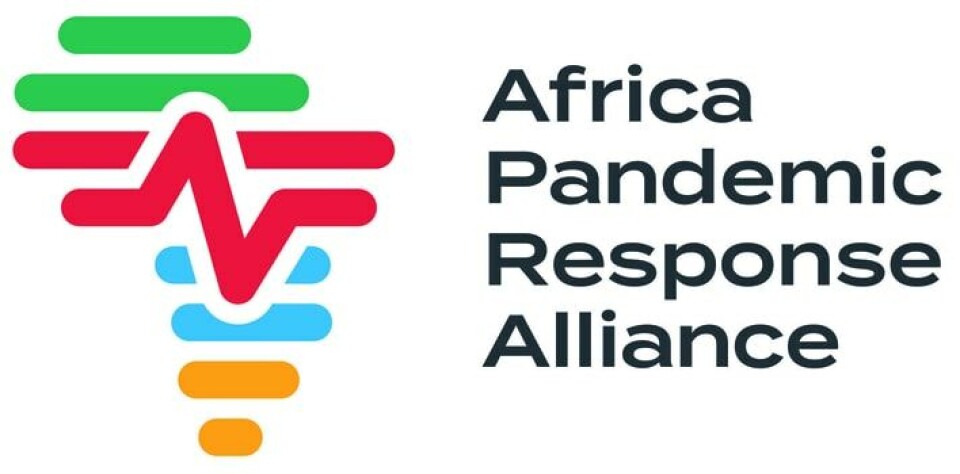Copyright : Re-publication of this article is authorised only in the following circumstances; the writer and Africa Legal are both recognised as the author and the website address www.africa-legal.com and original article link are back linked. Re-publication without both must be preauthorised by contacting editor@africa-legal.com
Build Back Better

A partnership aimed at tackling the challenges Covid-19 poses for Africa has been formed by the global charity Save the Children and Altica Partners, the Africa-focused multi-sector investment and advisory firm.
The Africa Pandemic Response Alliance (APRA) will target the continued need to support children and communities from the pandemic and the devastating impact of the global lockdown.
Keith Kibirango, Head of Africa Philanthropy at Save the Children, said both organisations were deeply concerned about the challenges that Covid-19 posed for Africa.
In an article about the launch of the partnership, co-authored with Altica’s Dawda Jawara III, Kibirango said they had joined forces to “help contain and prevent the spread of Covid-19 in African nations, and address the knock-on impact of the pandemic on children in these communities”.
While the virus appears not to have run as rampant in African countries as it has in the rest of the world, Kibirango and Jawara say that its aftermath will be felt by children. They warn though that testing and accurate information about the spread of the virus is limited.
Possible reasons for the slower spread may be because of Africa’s younger population, effective lockdowns, and rapid implementation of lessons learned from containing Ebola, they say.
“Containment and preventive measures are critical to ensuring that caseloads remain low and already fragile health systems aren’t overwhelmed.”
Kibirango said that Save the Children was already working with communities to slow the spread of the virus by distributing protective equipment and supplies, and activating its network of community health workers to support vulnerable children and families.
“By partnering with APRA, Save the Children will be able to access more funds to support this vital work, and will also benefit from the financial expertise, market knowledge, and networks that APRA has to ensure help reaches those most in need.”
The funds raised by the partnership are to focus on providing medical and protective equipment to healthcare workers and raising awareness about prevention.
“Our work will initially focus on higher risk countries such as the Democratic Republic of Congo, Mali, Niger, Nigeria, Tanzania, Zimbabwe, Somalia, Ethiopia, Côte d’Ivoire , Rwanda, Zambia, Malawi, Kenya, Sudan, South Sudan and Uganda.”
Jawara and Kibirango warned that the long term impact was what was most concerning. “Many African nations are highly reliant on revenue from remittances and commodity exports, both of which have been disrupted by the pandemic. At the individual level, people have seen incomes plummet – especially in the informal sector – making it hard to afford the essentials of daily life. As with previous economic downturns, women and children will bear the brunt, in large part due to difficulties accessing healthcare and education.”
However, there was cause for optimism. These were Africa underlying demographics and emerging middle class and demand for natural resources.
“As the pandemic subsides, there is an opportunity for governments and others working in Africa to ‘build back better’ – investing in the systems, infrastructure and safety nets that will reduce vulnerability and equip countries to deal with the next crisis. By working together now, we hope to help prevent the worst impacts of COVID-19 and lay the foundations for a brighter future.”
Click hereto find out more and make a contribution.
To join Africa Legal's mailing list please click here
